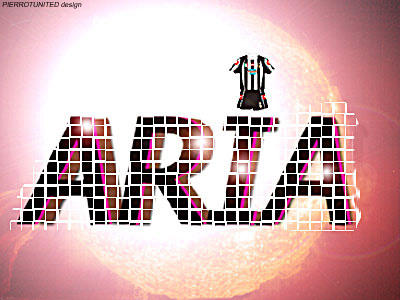Who really rules Iran?

[This is another interesting piece of informaton I found. Wow! Politics is such an intriguing topic!]
*** .. *** .. *** .. *** .. ***
Officially, Iran is an Islamic republic. The nation holds presidential and parliamentary elections every four years in which every adult can vote, and most do. It all sounds democratic. So why does the West call Iran a theocracy?
Reason #1: Supreme Leadership
Since its revolution, Iran has operated under a dual power structure in which Muslim clerics--or institutions they dominate--oversee republican institutions, including the presidency and parliament. Within the system, Iran's elected leaders aren't its most powerful figures. Iranians elect their president, for example, but they don't elect their "supreme leader"--currently Ayatollah Ali Khamenei, successor to Ayatollah Ruhollah Khomeini.
The president runs the country on a day-to-day basis, but the supreme leader is a lifetime appointee who sets the direction of national policy. He is also an important religious figure. (In fact, one knock on Supreme Leader Khamenei is that, unlike his predecessor, he is not an "object of emulation" within the Shi'ite hierarchy--so, theologically, a few other ayatollahs actually outrank him.)
The supreme leader is even the commander-in-chief of Iran's armed forces, and the only person empowered to declare war. He appoints the commanders of the regular armed forces, the national police, and the revolutionary guards--not to mention the chief of state radio and television. He also appoints the head of the judiciary and half of the members of the "Council of Guardians."
Reason #2: Parliament's Guardians
Iranians elect representatives to their parliament, the Majlis, but they don't elect the Council of Guardians, a 12-member panel that must approve every piece of legislation the Majlis proposes. The supreme leader appoints six of the council's members (specialists in Islamic law, like the leader himself). The Majlis appoints the other six, but it has to choose from 12 lawyers nominated by the head of the judiciary--who is, you remember, appointed by the supreme leader.
Basically, the council decides whether legislation the Majlis proposes fits with Islamic law and the Iranian constitution. Legislation found unfit goes back to the Majlis or gets rejected out of hand. Parliament can complain, but disputes between the Majlis and the Council of Guardians are mediated by another council: the Expediency Council, members of which--you guessed it--the supreme leader appoints. The Council of Guardians also gets to decide who is, and who isn't, fit to run for political office in Iran.
Many are deemed unfit. Before Majlis elections in 2004, the Council of Guardians disqualified thousands of candidates. According to the council, they were insufficiently dedicated to Islam. According to the council's critics, many were simply reformers whose political views the conservative council didn't like. Widespread protests ensued, and the council reinstated some candidates, but conservatives still won big in the election. Unfortunately for them, getting elected is one thing. Having the power is something else.
--Steve Sampson



0 Comments:
Post a Comment
<< Home